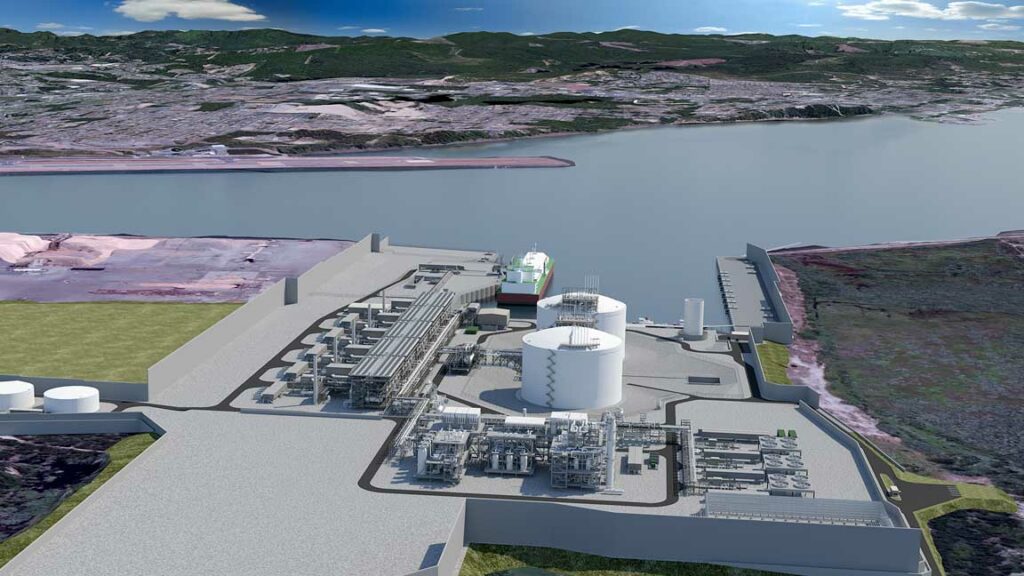Canadian energy firm Pembina Pipeline said it would not move forward with its proposed Jordan Cove LNG export plant and related pipeline in Oregon.
The Jordan Cove LNG export terminal on the US West Coast has received final approval from federal authorities last year, but it was not able to obtain the necessary state permits.
Pembina said in April this year it had paused the project as it could not secure permits and authorizations from various Oregon state agencies.
The company’s units Jordan Cove Energy Project and Pacific Connector Gas Pipeline revealed this new decision in a filing with FERC dated December 1.
The applicants filed at FERC addressing whether the commission should stay the authorizations.
“Applicants are requesting that the commission vacate the authorizations issued in this proceeding, which would then moot the question of whether to stay the certificate authorization granted to PCGP,” they said.
On January 19, the commission issued an order denying applicants’ petition for declaratory
order, determining that Oregon had not waived its Clean Water Act Section 401 certification
authority.
Subsequently, on February 8, the Department of Commerce sustained Oregon’s objection under the Coastal Zone Management Act.
Since those orders, the developers said they have undertaken a review of permitting developments and the prospects for obtaining the permits in the future.
“Applicants have now completed this review and have decided not to move forward with
the project,” they said.
Canada’s Pembina had planned to export up to 1.08 billion cubic feet per day from the LNG terminal in Oregon.
The project would have included a 229-mile pipeline traversing four counties in Southern Oregon, and the 7.8 mtpa LNG export terminal in Coos Bay.

